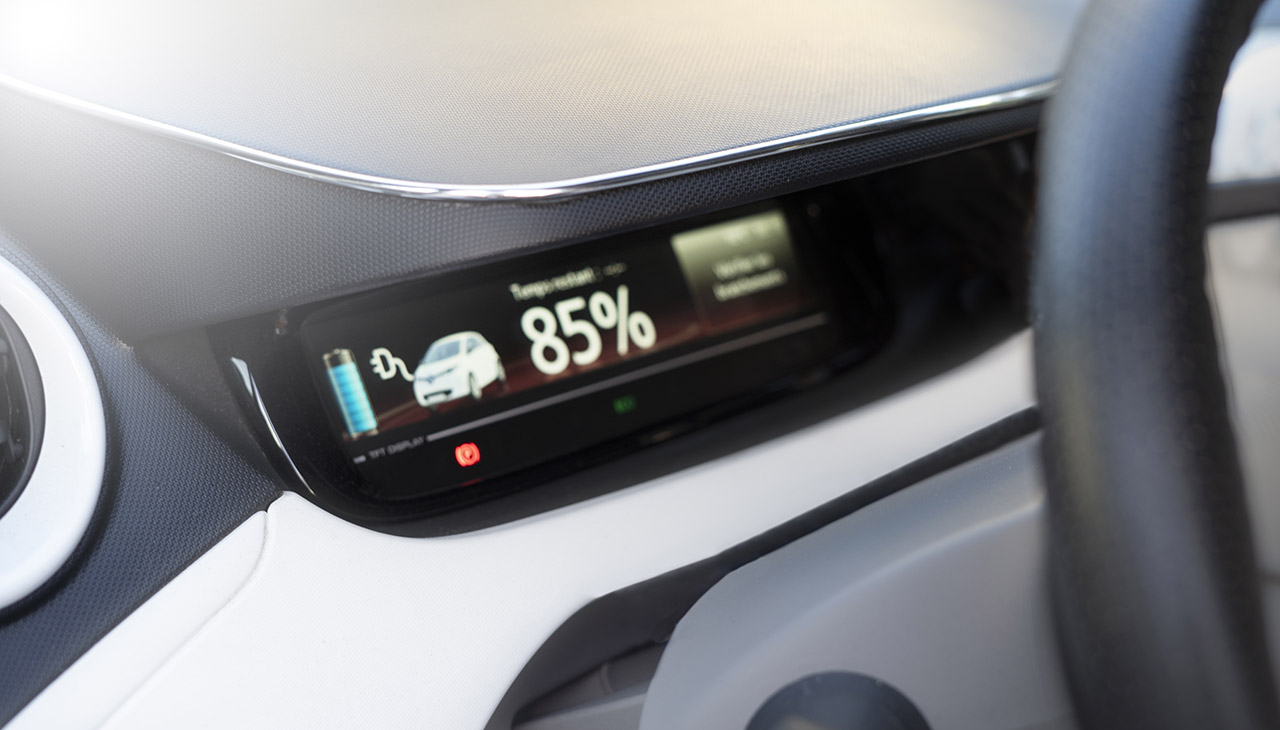Hybrid vehicles have emerged as a compelling intermediary between traditional combustion engines and the future of electric mobility. Combining a gasoline engine with one or more electric motors, hybrids offer an improved fuel economy and lower emissions without compromising on range or performance. As consumers grow increasingly environmentally conscious and seek out sustainable transportation options, the appeal of hybrid cars as a practical solution for reducing one’s carbon footprint while still enjoying the familiarity and reliability of a conventional engine is more apparent than ever.
Fuel-Efficient Powertrains
The core of a hybrid vehicle’s efficiency lies in its innovative powertrain—a seamless integration of an electric motor with an internal combustion engine. This dual-propulsion system captures and reutilizes energy that would otherwise be lost during braking, redirecting it to power the electric motor. The synergy between the two sources allows hybrids to optimize fuel usage, especially in stop-and-go traffic where electric motors excel by operating silently at low speeds without burning gasoline. As a result, hybrid cars exhibit a significant increase in miles per gallon (MPG) ratings, reducing the frequency of fuel stops and cutting down on fuel costs. Moreover, this blend of propulsion technologies also contributes to a reduction in greenhouse gas emissions, positioning hybrid vehicles as a more eco-friendly alternative to traditional automobiles while waiting for the widespread adoption of fully electric vehicles.
Performance Factros
Despite the focus on fuel efficiency, performance remains a critical selling point in the automotive industry. Car enthusiasts and everyday commuters alike do not want to sacrifice the thrill of acceleration and the responsiveness of the vehicle for efficiency alone. Manufacturers face the challenge of engineering hybrids that retain—or even enhance—the vehicle’s performance to meet these consumer expectations. The integration of electric motors has been a key factor in this, as they can provide immediate torque, improving acceleration times without harming fuel efficiency. However, the added weight of batteries can impact the handling and speed of hybrids, presenting an engineering conundrum. Companies are constantly innovating with lighter materials and more advanced battery technology to overcome these challenges. Car designers are tasked with crafting a balance that delivers an engaging driving experience while maintaining, and improving, the efficiency gains that make hybrids an attractive option for environmentally conscious consumers.
Technological Innovations
Recent advancements in hybrid car technology have focused on enhancing efficiency and driving performance. For example, regenerative braking systems have become more sophisticated, allowing for better energy capture and storage, which in turn assists in more prolonged battery life and range. Moreover, manufacturers have pioneered the use of lightweight composite materials for car bodies and interiors, which contribute to a significant reduction in overall vehicle weight, thereby improving fuel economy and handling.
Improvements in battery technology are also notable, with the advent of lithium-ion batteries that are not only more compact and lighter than traditional nickel-metal hydride batteries but also offer a longer lifespan and higher energy density. This progression in battery tech translates to hybrids that boast faster acceleration with less battery space bulk, further improving the driving experience. Equally transformative have been the developments in aerodynamic design, where every curve and contour is optimized to reduce drag, allowing hybrids to slice through the air more efficiently, ensuring performance isn’t sacrificed.
Finally, the integration of advanced electronic control systems that manage the power distribution between the combustion engine and electric motor has become more refined, providing smoother transitions and more responsive power delivery. By tailoring these systems for enhanced performance, manufacturers have been able to deliver hybrids that are as thrilling to drive as they are economical and clean.
Environmental Impact
The environmental benefits of hybrid vehicles are substantial, particularly when comparing emissions and the overall ecological footprint to traditional gasoline-powered cars. Hybrids are designed to emit fewer pollutants by relying on their electric motor for certain driving conditions, leading to a significant reduction in tailpipe emissions. For instance, when driving in city conditions, hybrids can operate exclusively on electric power, eliminating exhaust emissions entirely. This is a vital advantage in urban areas, where air quality is a pressing public health concern.
In addition to lower direct emissions, the ecological footprint of hybrid vehicles includes the reduced demand for fossil fuels. This leads to a downstream effect of fewer emissions from oil extraction, refinement, and transportation processes. While hybrids still rely on gasoline, their higher MPG ratings mean less fuel consumption over the lifespan of the vehicle compared to non-hybrid counterparts.
Moreover, the manufacturing process for hybrids is becoming more eco-conscious. By incorporating sustainable materials and methods, automakers are reducing the environmental impact associated with producing hybrids. This attention to the entire lifecycle of the vehicle is critical for assessing its overall contribution to environmental conservation.
It is, however, important to acknowledge that the production of batteries for hybrids does have environmental implications, such as the mining of rare earth metals. Manufacturers and policymakers must address these challenges to further improve the sustainability of hybrid vehicles. Nevertheless, when viewed in totality, hybrids represent a significant step forward in the quest to lessen transportation’s environmental impact.
Consumer Considerations
When considering the purchase of a hybrid vehicle, consumers must weigh their desire for speed, agility, and power against their environmental values and aspirations for fuel savings. The appeal of hybrids often lies in the promise of an eco-friendlier driving option without compromising on the driving experience itself—balancing performance with sustainability. Brand reputation, technological amenities, and total cost of ownership, including potential tax incentives and long-term savings from reduced fuel consumption, are also pivotal factors in the decision-making process. Marketed correctly, hybrids can fulfill a niche where environmental impact, cost-effectiveness, and driving pleasure intersect, persuading consumers to embrace a greener lifestyle while still enjoying the journey.
